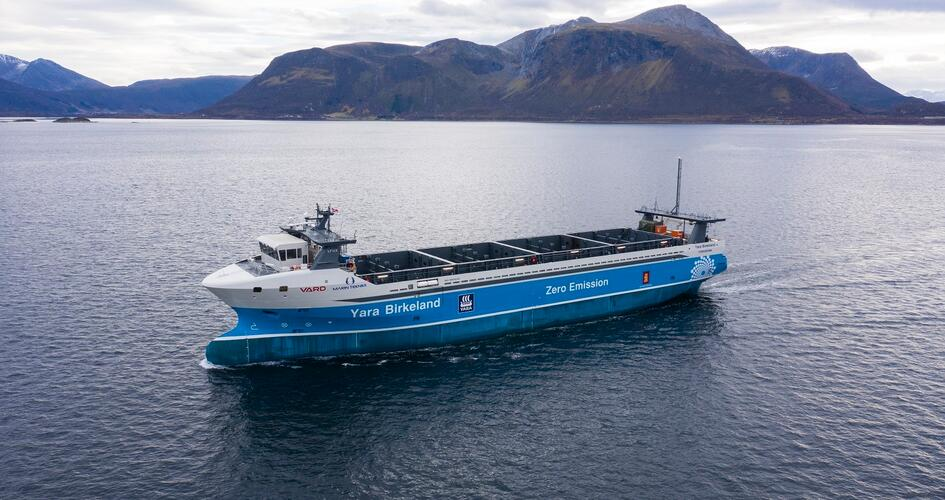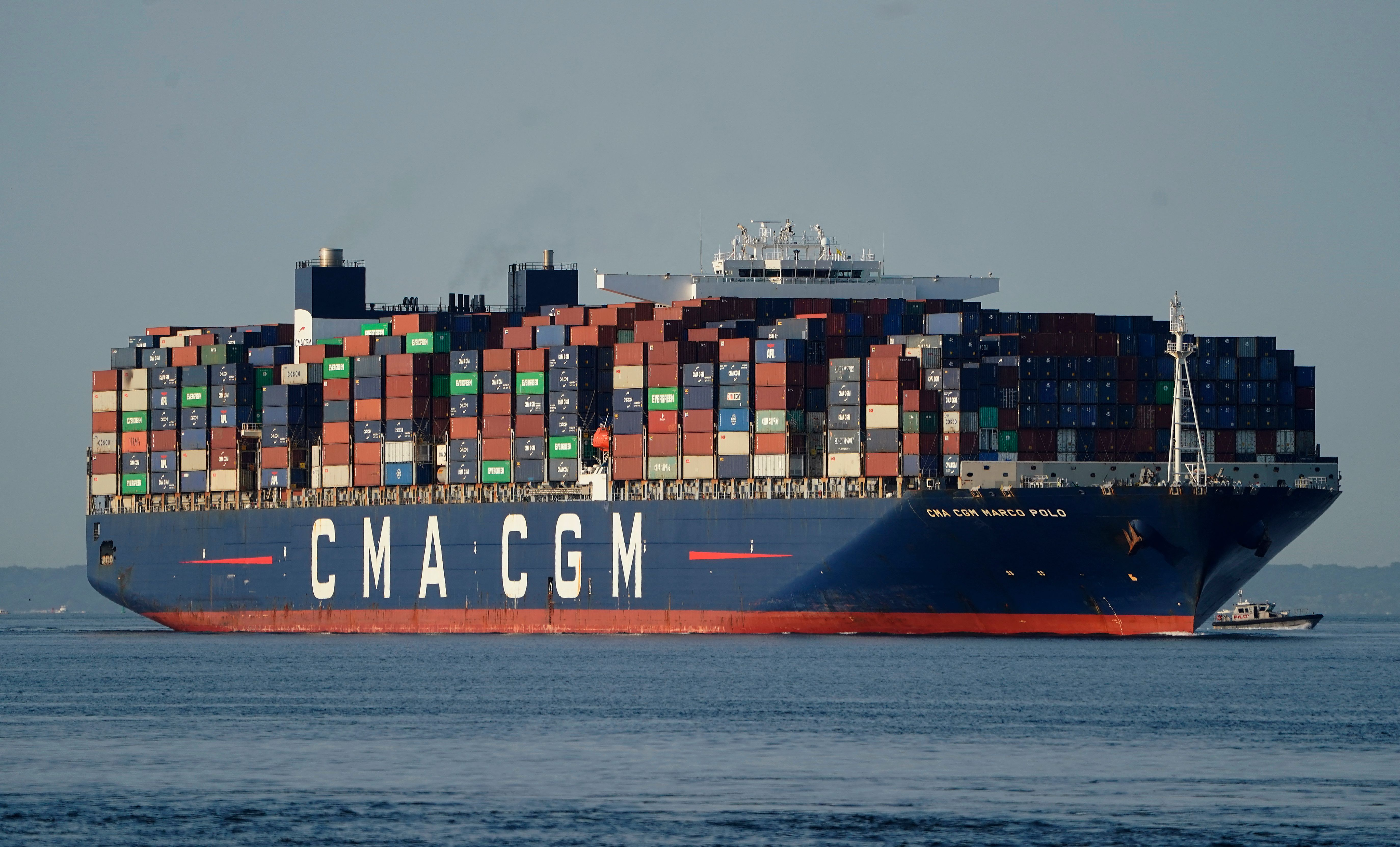Two Autonomous Cargo Ships Are About To Set Sail
One Japanese, one Norwegian, both are aimed at changing the shipping industry
Two ships may potentially shake up the sea cargo industry. The first, as Bloomberg reports is from a Japanese group planning an ambitious test of an autonomous cargo ship. The effort, backed by the Nippon Foundation and others including Japan's largest shipping company Nippon Yusen KK, plans to for its autonomous cargo vessel to sail 236 miles through an area known for heavy shipping traffic.
Nippon Yusen expects half of its fleet to be autonomous by 2040. And with some experts saying the autonomous shipping industry could be worth $166 billion in just nine years, there is plenty of incentive to pursue the technology. As Satoru Kuwahara, a general manager at one of Nippon Yusen's subsidiaries said:
Kuwahara, a captain himself, says there's a real need for autonomous ships in Japan as the country's workforce shrinks and rapidly ages. In the nation's domestic tanker industry, for example, roughly 40% of crew are 55 years or older, according to a recent survey.

The second vessel is an electric container ship from Norway. As CNN reports, the ship is the result of a partnership between shipbuilder Vard and a tech firm called Kongsberg Maritime.
First conceptualized in 2017, the ship was created in partnership with technology firm Kongsberg Maritime and shipbuilder Vard. Capable of carrying 103 containers and with a top speed of 13 knots, it will use a 7 MWh battery, with "about a thousand times the capacity of one electrical car," according to Jon Sletten, plant manager for Yara's factory in Porsgrunn, Norway.
The ship will charge when docked and is supposed to replace 40,000 truck journeys a year.
The Japanese ship will set sail in February with a data center on land backing it. In the event of an incident, someone will be standing by to take over steering of the vessel remotely. The Norwegian ship will sail by the end of this year with a route taking it between two Norwegian towns.
